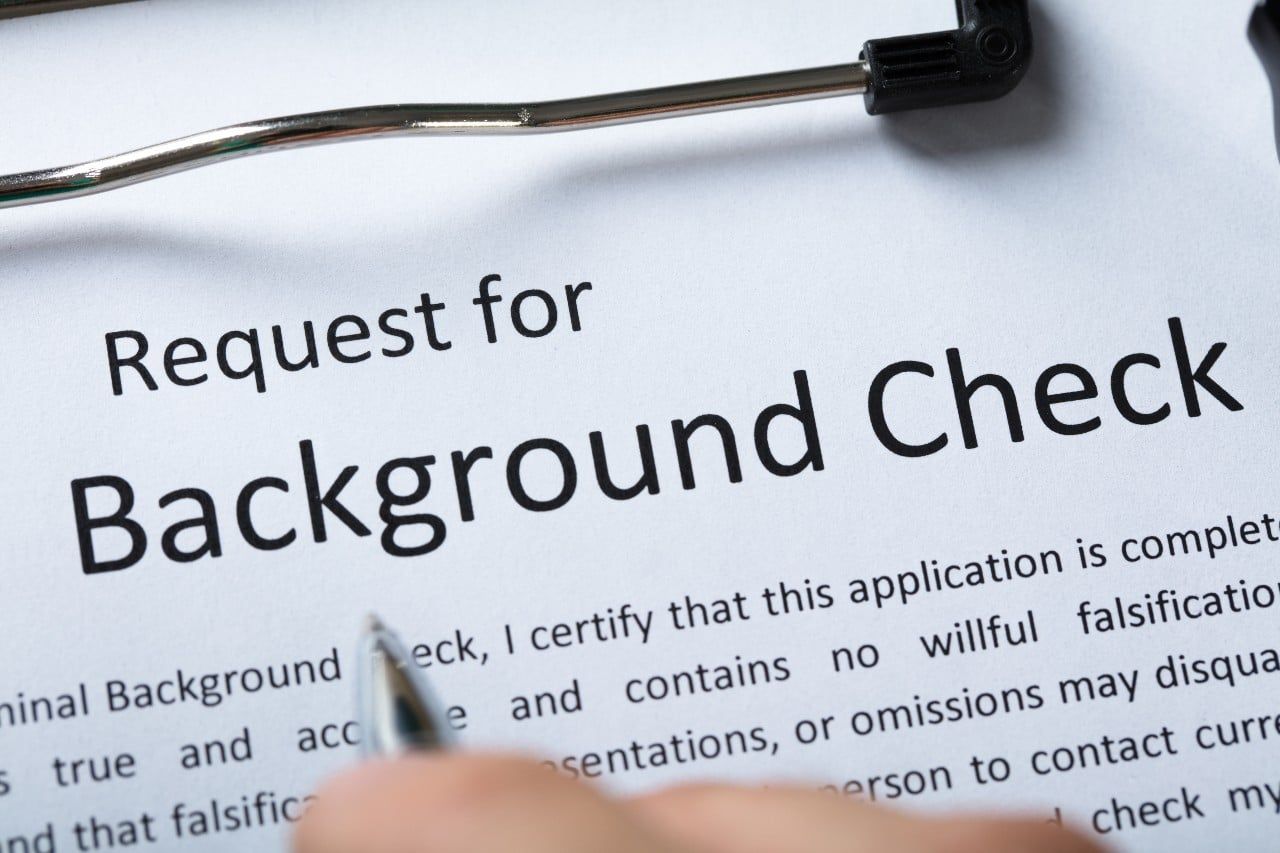 Consumers who use credit and debit cards may do well to be aware of a federal law that prohibits printing credit card numbers on receipts.
Consumers who use credit and debit cards may do well to be aware of a federal law that prohibits printing credit card numbers on receipts.
The Fair and Accurate Credit Transactions Act, or FACTA, was passed in 2003 as a set of amendments to the Fair Credit Reporting Act.
In response to growing concerns about identity theft and credit fraud, Congress enacted these amendments to provide several new protections for consumers.
It’s FACTA that gives consumers the right to at least one free copy of their credit report per year from each of the three major credit reporting agencies.
Other FACTA provisions allow consumers to place a fraud alert on their credit information files.
FACTA Restrictions on Printing Credit Card Numbers on Receipts
One FACTA provision that has gotten a good bit of attention is a rule that restricts printing credit card numbers on receipts.
Known as the truncation requirement, this provision forbids businesses who give customers electronically-printed receipts at the point of sale from printing any more than the last five digits of the customer’s credit or debit card number.
The card’s expiration date must also not appear on the receipt.
This requirement of truncating information when printing credit card numbers on receipts does not apply to receipts printed using the old mechanical imprint method, or to receipts written out by hand.
To give businesses a reason not to ignore the truncation requirement, Congress made it something consumers can sue over.
FACTA provides for a civil cause of action whenever a business’s electronically-printed receipts fail to conform to the truncation requirement.
What really gives FACTA lawsuits teeth is its provisions for statutory damages.
Violations that the plaintiff can show were “willful” can qualify for damage awards of $100 to $1,000 per violation. Willful violations can also subject a defendant to punitive damages and an order for reimbursement of the plaintiffs’ attorneys’ fees.
These statutory damages can and have added up to some impressively large claims in FACTA class action lawsuits.
Consider a business with multiple point of sale receipt printers that fails to program them to print FACTA-compliant receipts.
Each receipt printed showing too much card information could constitute a FACTA violation. And each customer who receives such a receipt is a potential Class Member – or a potential lead plaintiff in a FACTA class action lawsuit.
In a situation like that, the amount of damages alleged against a business can be astronomical.
Many FACTA class action lawsuits have alleged damage amounts in the tens of millions of dollars, and sometimes in the billions.
Warehouse retailer Costco faced a FACTA claim of $17 billion, and Cost Plus World Market was threatened with a claim of $3.4 billion.
When FACTA was enacted in 2003, Congress gave businesses a grace period of up to three years to bring their equipment into compliance.
Yet almost ten years after the truncation requirement went into full effect in 2006, businesses seem to keep printing credit card numbers on receipts.
Attorneys familiar with the ins and outs of FACTA are available to consult with consumers who believe they may have a FACTA violation on their hands.
Free FACTA Class Action Lawsuit Investigation
If you made one or more purchases and the retailer provided you with a receipt that contained more than the last five digits of your credit or debit card number or the expiration date, you may be eligible for a free class action lawsuit investigation and to pursue compensation for these FACTA violations.
ATTORNEY ADVERTISING
Top Class Actions is a Proud Member of the American Bar Association
LEGAL INFORMATION IS NOT LEGAL ADVICE
Top Class Actions Legal Statement
©2008 – 2025 Top Class Actions® LLC
Various Trademarks held by their respective owners
This website is not intended for viewing or usage by European Union citizens.















2 thoughts onDespite FACTA, Merchants Keep Printing Credit Card Numbers on Receipts
Here we go again.
Can you get the penalties part right??
How do you expect us the consumer to believe a word you say if you cant even get the damages part correct.
Hi Carlos,
Can you email us at [email protected] with your complaint about the article, and what you feel is incorrect? We’ll definitely pass it on to our editing team for review. Thank you!